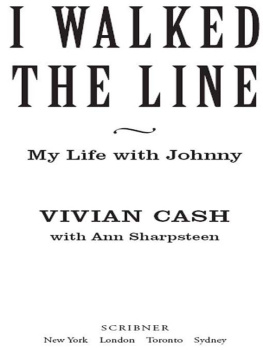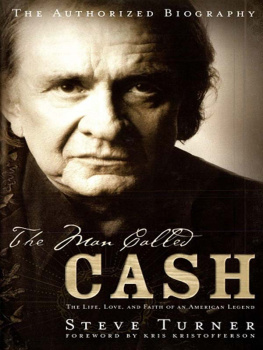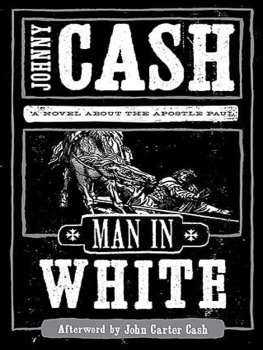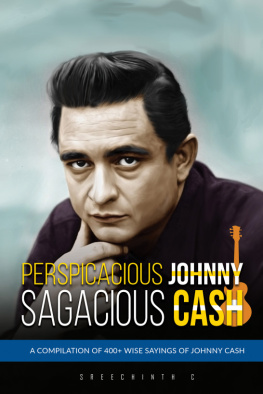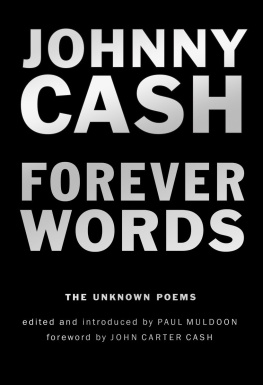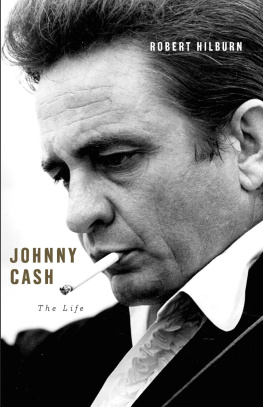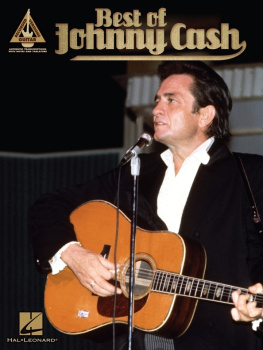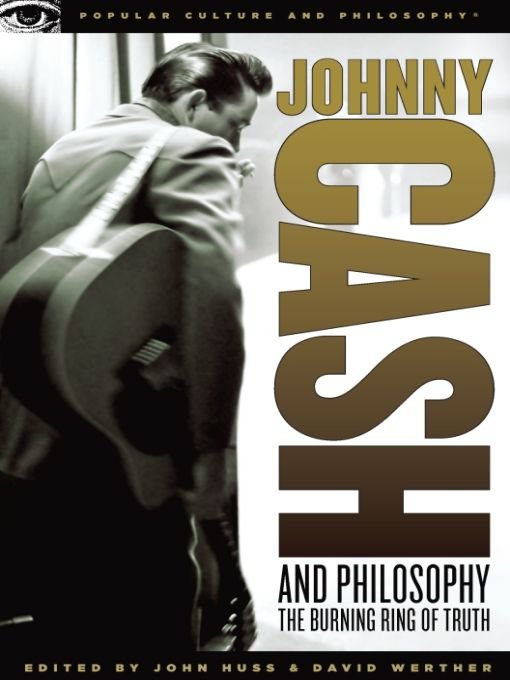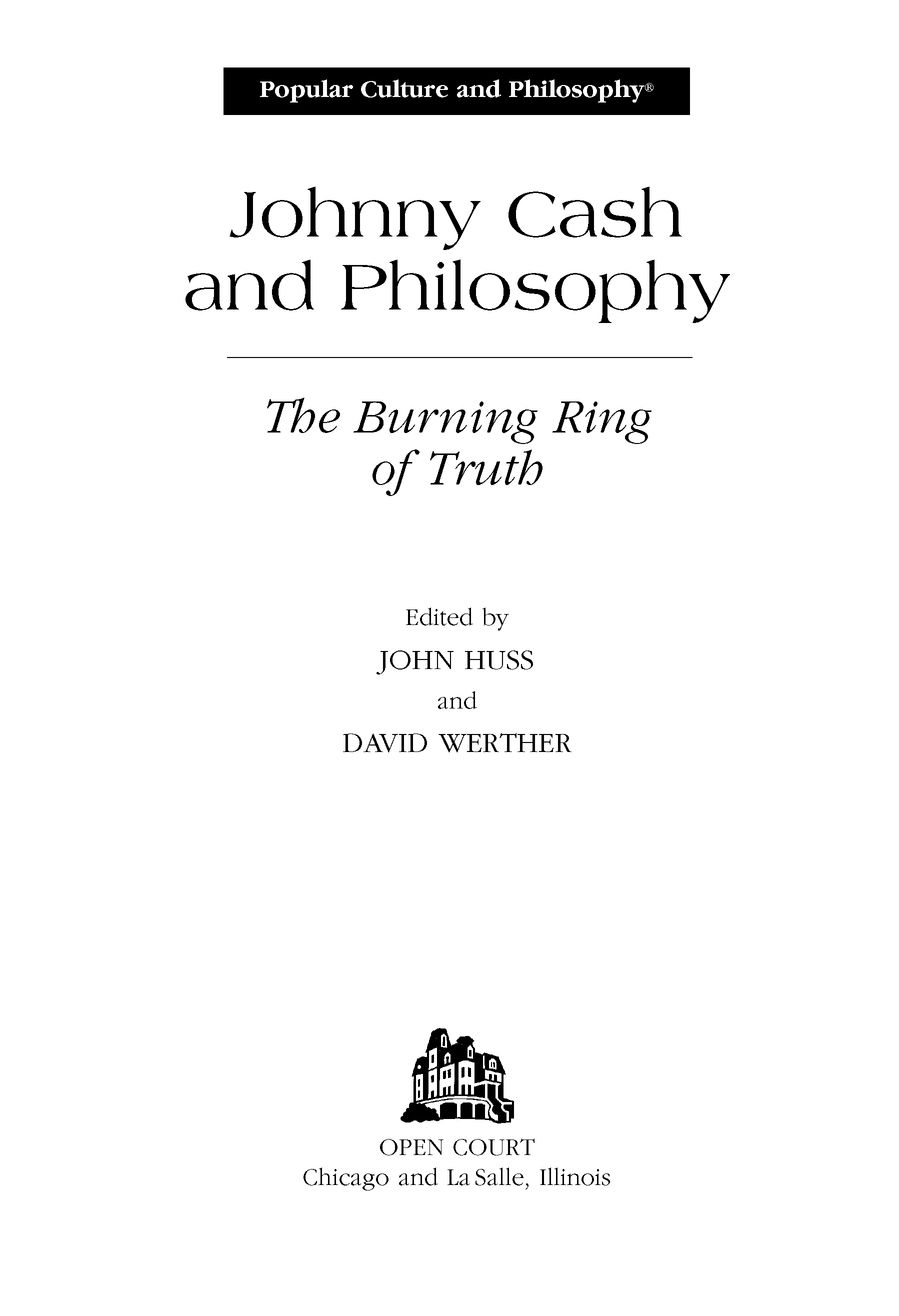Table of Contents
Popular Culture and Philosophy Series Editor: George A. Reisch
VOLUME 1
Seinfeld and Philosophy: A Book about Everything and Nothing (2000)
VOLUME 2
The Simpsons and Philosophy: The Doh! of Homer (2001)
VOLUME 3
The Matrix and Philosophy: Welcome to the Desert of the Real (2002)
VOLUME 4
Buffy the Vampire Slayer and Philosophy: Fear and Trembling in Sunnydale (2003)
VOLUME 5
The Lord of the Rings and Philosophy: One Book to Rule Them All (2003)
VOLUME 6
Baseball and Philosophy: Thinking Outside the Batters Box (2004)
VOLUME 7
The Sopranos and Philosophy: I Kill Therefore I Am (2004)
VOLUME 8
Woody Allen and Philosophy: You Mean My Whole Fallacy Is Wrong? (2004)
VOLUME 9
Harry Potter and Philosophy: If Aristotle Ran Hogwarts (2004)
VOLUME 10
Mel Gibsons Passion and Philosophy: The Cross, the Questions, the Controversy (2004)
VOLUME 11
More Matrix and Philosophy: Revolutions and
Reloaded Decoded (2005)
VOLUME 12
Star Wars and Philosophy: More Powerful than You Can Possibly Imagine (2005)
VOLUME 13
Superheroes and Philosophy: Truth, Justice, and the Socratic Way (2005)
VOLUME 14
The Atkins Diet and Philosophy: Chewing the Fat with Kant and Nietzsche (2005)
VOLUME 15
The Chronicles of Narnia and Philosophy: The Lion, the Witch, and the Worldview (2005)
VOLUME 16
Hip Hop and Philosophy: Rhyme 2 Reason (2005)
VOLUME 17
Bob Dylan and Philosophy: Its Alright Ma (Im Only Thinking) (2006)
VOLUME 18
Harley-Davidson and Philosophy: Full-Throttle Aristotle (2006) Edited by Bernard E. Rollin, Carolyn M. Gray, Kerri Mommer, and Cynthia Pineo
VOLUME 19
Monty Python and Philosophy: Nudge Nudge, Think Think! (2006) Edited by Gary L. Hardcastle and George A Reisch
VOLUME 20
Poker and Philosophy: Pocket Rockets and Philosopher Kings (2006) Edited by Eric Bronson
VOLUME 21
U2 and Philosophy: How to Decipher an Atomic Band (2006) Edited by Mark A. Wrathall
VOLUME 22
The Undead and Philosophy: Chicken Soup for the Soulless (2006) Edited by Richard Greene and K. Silem Mohammad
VOLUME 23
James Bond and Philosophy: Questions Are Forever (2006) Edited by James B. South and Jacob M. Held
VOLUME 24
Bullshit and Philosophy: Guaranteed to Get Perfect Results Every Time (2006) Edited by Gary L. Hardcastle and George A. Reisch
VOLUME 25
The Beatles and Philosophy: Nothing You Can Think that Cant Be Thunk (2006) Edited by Michael Baur and Steven Baur
VOLUME 26
South Park and Philosophy: Bigger, Longer, and More Penetrating (2007) Edited by Richard Hanley
VOLUME 27
Hitchcock and Philosophy: Dial M for Metaphysics (2007) Edited by David Baggett and William A. Drumin
VOLUME 28
The Grateful Dead and Philosophy: Getting High Minded about Love and Haight (2007) Edited by Steven Gimbel
VOLUME 29
Quentin Tarantino and Philosophy: How to Philosophize with a Pair of Pliers and a Blowtorch (2007) Edited by Richard Greene and K. Silem Mohammad
VOLUME 30
Pink Floyd and Philosophy: Careful with that Axiom, Eugene! (2007) Edited by George A. Reisch
VOLUME 31
Johnny Cash and Philosophy: The Burning Ring of Truth! (2008) Edited by John Huss and David Werther
VOLUME 35
Star Trek and Philosophy (2008) Edited by Jason T. Eberl and Kevin S. Decker
IN PREPARATION:
Battlestar Galactica and Philosophy (2008) Edited by Josef Steiff and Tristan D. Tamplin
The Legend of Zelda and Philosophy (2008) Edited by Luke Cuddy
Bruce Springsteen and Philosophy (2008) Edited by Randall E. Auxier and Doug Anderson
iPod and Philosophy (2008) Edited by Dylan E. Wittkower
The Wizard of Oz and Philosophy (2008) Edited by Randall E. Auxier and Phil Seng
The Golden Compass and Philosophy (2009) Edited by Richard Greene and Rachel Robison
TO BRUCE AND LUAN WERTHER
They introduced me to Johnny Cash at San Quentin
TO JOANNA TRZECIAK
I Love You Because
Introduction
On trial for corrupting the youth of Athens, the ancient Greek philosopher Socrates famously claimed that he wasnt corrupting anybodyall he was doing asking questions. Two thousand years later, on stage before the youth of Athens, Georgia, Johnny Cash might have claimed he wasnt corrupting anybody eitherall he was doing was asking What is truth?
The stage in question was actually in Nashville, Tennessee, so the previous sentence is a lie, truth. But before we get too philosophical, lets be honnest: Johnny Cash was no philosopher. We all know what he really was, or at least we think we do. Cotton-picker. Enlisted man. Appliance salesman. Rocknroll pioneer. Loving husband and father. Two-timming drug addict. Patriarch. Christian and hellion. Patriot and protester. The voice of convicts, the poor, veterans, American Indian, and others whose voices too often went unheard. He was comedyremember Chicken in Black? He was folk, gospel, and swing.
Johnny Cash was a paradoxa walking contradiction, Kris Kristofferson called him. And you can bet that wherever theres a paradox, theres philosopher nearby either posing it, pointing it out, or peeking behind it: if the world was rated by a benevolent God, how can it contain evil? If I am constantly changing (as Johnny Cash often claimed he was), where is the enduring I that is undergoing the transformation? If justice is defined by the rule of law, what is an unjust law? These are some of the paradoxes we explore in this book.
But as Cash himself might have said, for every philosopher paralyzed by paradox, out front there needs to be a Man in Black pointing out whats true or right or important, but easily forgotten or overlooked. There is Cash the social critic, calling out those who are so heavenly minded that theyre No Earthy Good, lobbying government officials to reform our correctionalsystem in his concerts at San Quentin, Folsom, and other prisons, and raising money for new schools onIndian reservations. But there was also the Cash who understood the power of simplicity, embodied in the boom-chicka-boom of Luther Perkinss guitar propelling songs like I walk the Line, Big River, and So Doggone Lonesome. Get rhythm when you get the blues, he tells un. Is this philosopgy? Good question. Either way its advice even a philosopher can use.
But the authors of the chapters in this book are not just philosopherswe are Cash fans, Cash fans are a varied lot today and always have been. Consider the scene at a crowded Cash concert in Arthur, Illiois, described in Tom Dearmores 1969 New York Times Magazinecover story. It was the sweltering summer of 1969, and bearded hippies with unwashed feet were rubbing shoulders with bearded Amish in flat-brimmed hats, a starry-eyed waitress, college boys in Bermuda shorts, a deeply tanned heavy equipment operator, plaid-clad mods, American Gothics, and cab drivers down from Chicago. Over the decades punks, goths, soccer moms, alt. contry types, metrosexuals, and hipsters became part of the mix. Perhaps it is because Cash himself had so many sides that people of such varied persuasions are drawn to him. And that is the case in this book too. Here you will find philosophical explorations inspired by the life and music of Johnny Cashand even june Carter Cashwritten by philosophers of many different views and voices. And just like at a Johnny Cash concert, theres a little something for everyone. we welcome you to join in and think along.


